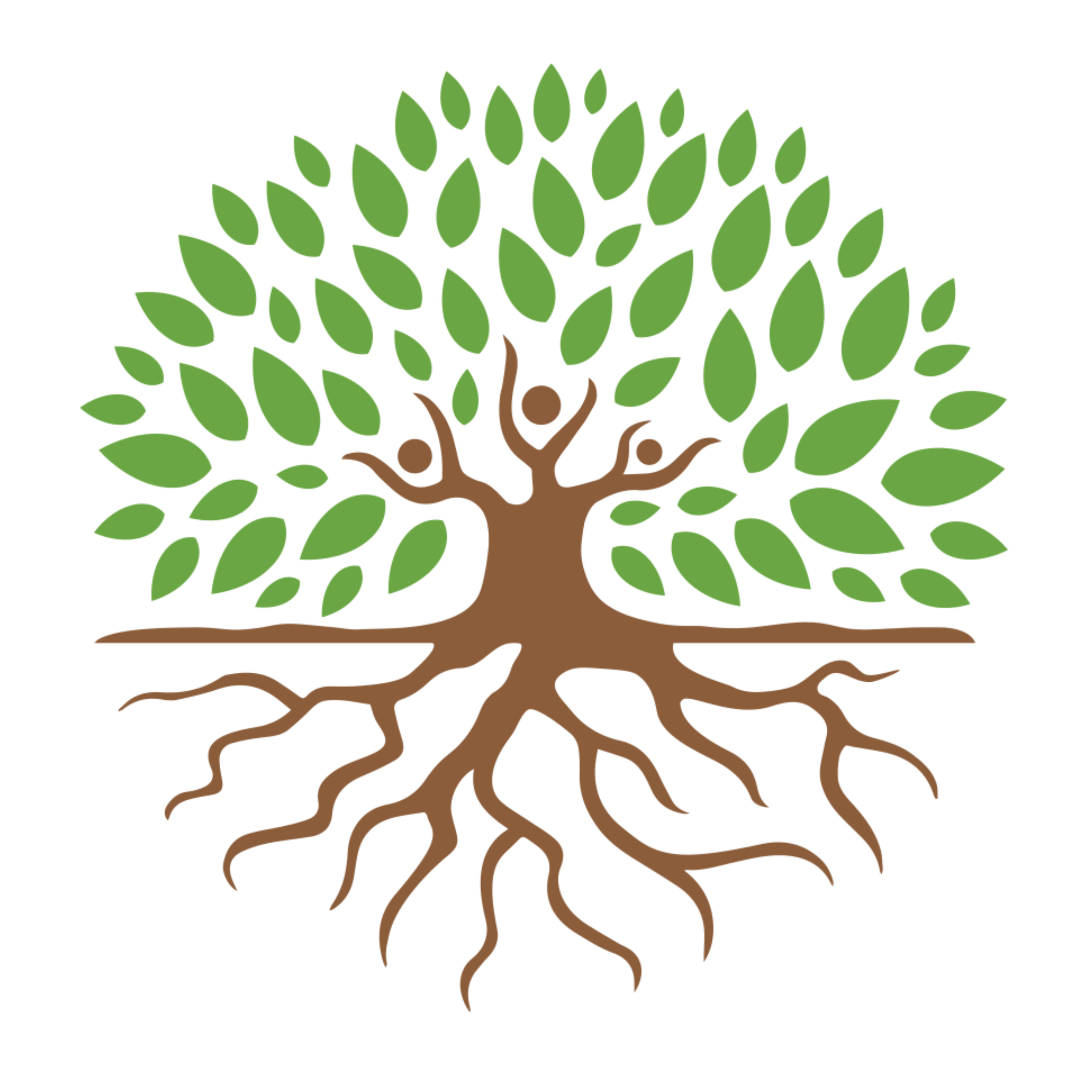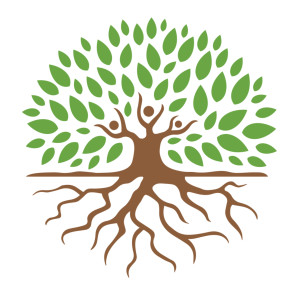
5.1K
Downloads
59
Episodes
Physicians and other experts help you reverse disease and reclaim your health; we explain, and teach, you how. If you are trying to prevent or undo a chronic illness, this is your podcast. For more information: cprhealthclinic.com Your genetics are not your destiny. 80% of chronic health problems can be reversed, or prevented- this includes conditions like heart disease, high blood pressure, type 2 diabetes, and on and on. Join specialists in disease reversal and prevention on a journey that will show you how to take control of your health back into your own hands. The way you live can save your life. Columbus Prevent and Reverse focuses on helping you change your behavior so that you actually do what you say you will. We only use methods that are supported by good evidence. For more information on our services, check out cprhealthclinic.com and make a free appointment. (we do not provide medical care) Disclaimer: While we give evidence-based information on this podcast, your personal details and situation are not known to us. Make sure you‘re discussing health-improving strategies, including what we talk about on this podcast, with your physician.
Episodes

Wednesday Aug 02, 2023
What can 3 trillion gut bacteria do to your heart? - Part 2
Wednesday Aug 02, 2023
Wednesday Aug 02, 2023
World expert cardiologist Dr. Tang of the Cleveland Clinic, takes us into the universe of the gut microbiome and describes the little-known ways that food impacts the heart.
(Below is a portion of the AI-generated transcript, if you want the whole thing sign up for the newsletter at cprhealthclinic.com)
Dr. Tang: Nowadays there is a lot of option for us to actually get people to live their full lives and even for some of the sickest patients , who, had a really rough time after a heart attack,
Dr. Sagar: We're back with Dr. Tang. Renowned cardiologist and researcher to continue the conversation on the effect of the gut on the heart.
We left off talking about nutritionally deprived populations.
Dr. Sagar: When you say nutritionally deprived populations, I think a lot of people are gonna be thinking of areas where there is no food at all. But are you talking about that or are you talking about our modern day world where all the food is coming from a gas station?
Dr. Tang: Well, I think that that is an evolving trend. But for example I'm talking about in the 1930s, forties, fifties, that there are some people that have some nutritional deficiency that we actually fortified many of the foods and all that. So we actually did put in a lot of nutrients for the assumption of , benefit.
But I think it is okay if we know what we put in. The problem is there's a lot of things that we don't know is in the food right now. Particularly things that are, highly processed and , and there are studies out there, we don't know what they are, but I think we know that some of them may not be.
So there are people who have isocaloric food with crossover study that look at processed foods versus not processed food, and they have certainly see, you know, problems with, metabolic or weight change or whatnot. So that's actually, , puzzling because if you have the same type of food, but yeah, it's processed versus not, , why would they be different?
Certainly something made them different. And so that's why I'm trying to say , it's, we still have a lot to learn because I think it would guide us in our public health efforts to try and, you know, at least advise our patients what to do. Right now we as clinicians are not very good at understanding what they are eating and even.
Explaining to them what they should eat. Many people are very motivated to actually change their diet. There are many very excellent organizations and many very vocal clinicians and many pathways, but the research on this is challenging. It's very challenging to study diet because it's such a complex intervention.
And, and there's a lot of really strong cultural beliefs in, in food, , if I actually ask all these people, ask everybody, how is your diet, , even quantifying the amount is difficult, let alone qualifying what they are eating. And there's a lot of strong beliefs out there about whether some things are good or bad.

No comments yet. Be the first to say something!